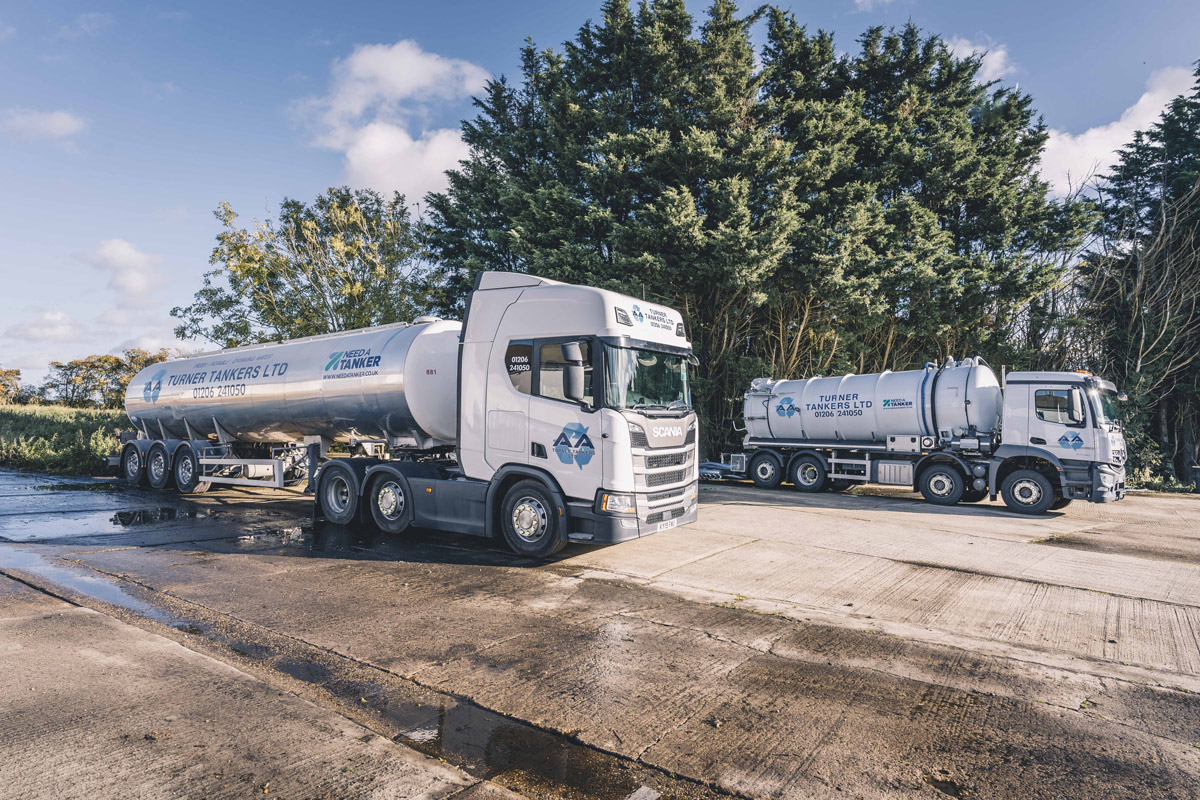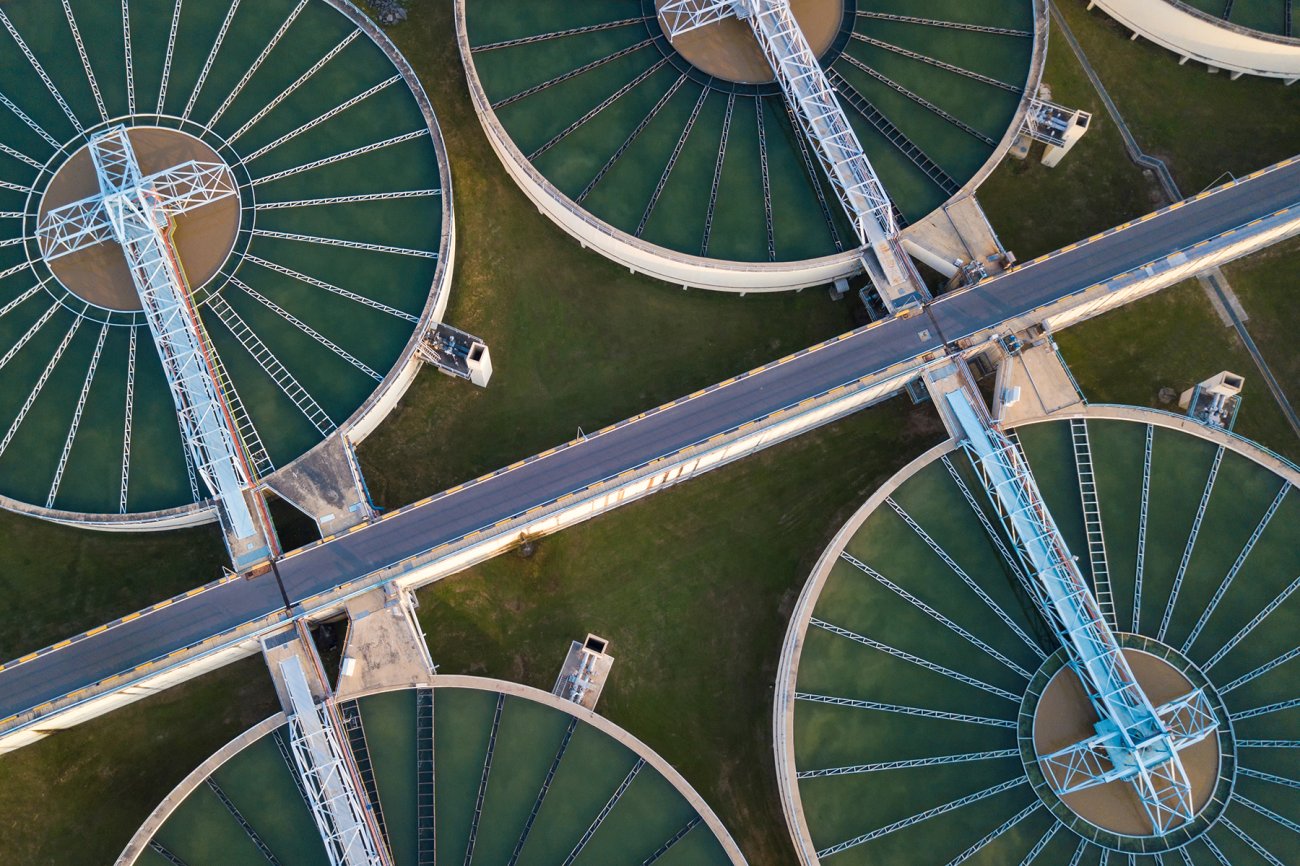Things about Reclaim Waste
Things about Reclaim Waste
Blog Article
The 3-Minute Rule for Reclaim Waste
Table of ContentsThe Definitive Guide for Reclaim WasteReclaim Waste Can Be Fun For AnyoneAn Unbiased View of Reclaim WasteNot known Facts About Reclaim WasteThe 8-Second Trick For Reclaim Waste
Discover the kinds, events, and forms of fluid waste. Residential sewage waste describes the waste and items from a household sewage-disposal tank. This kind of waste is produced by human beings in residences, institutions, and other structures. This only includes septic tanks that have a drain field. The correct management and disposal of residential sewer waste require liquid waste to be transferred to a sewage therapy plant where the appropriate methods and devices are put on purify and get rid of waste.
Commercial waste frequently consists of potential risks, such as combustible materials or a blend of liquid and strong waste items, and needs a more sophisticated and thorough disposal process. The disposal of industrial waste commonly involves the purification of waste prior to transportation to make sure safe and appropriate disposal. Hazardous waste is created from by-products and overflow of commercial procedures and production.
This kind of waste can not utilize the very same sewer administration transportation or procedures as septic or commercial fluids. The hazardous waste monitoring procedure needs the evaluation and testing of liquid waste prior to it undergoes the disposal process (industrial wastewater treatment). Drainage waste is the liquid waste that comes from runoff and excess stormwater in extremely inhabited locations or cities
Drainage waste can create contamination and flooding if not taken care of correctly. Guaranteeing proper waste administration can avoid disasters and lower ecological damage.
A Biased View of Reclaim Waste
Call PROS Solutions today to find out regarding our waste administration and disposal solutions and the proper means to take care of the liquid waste you produce.
(https://www.intensedebate.com/people/reclaimwaste1)This supposed 'wastewater' is not just a vital source however, after treatment, will certainly be released to our land, waterways or the sea. Used water from commodes, showers, bathrooms, kitchen area sinks, washings and industrial procedures is understood as wastewater.

water used to cool equipment or clean plant and tools). Stormwater, a type of wastewater, is runoff that flows from agricultural and city locations such as roofings, parks, yards, roadways, paths and gutters right into stormwater drains pipes, after rain. Stormwater flows without treatment straight to local creeks or rivers, at some point getting to the ocean.
All About Reclaim Waste
In Queensland, a lot of wastewater is treated at sewage treatment plants. Wastewater is transported from domestic or industrial sites with a system of drains and pump terminals, referred to as sewage reticulation, to a sewer treatment plant. Local governments construct, preserve and operate most sewage therapy plants. Operators are licensed under the Environmental Security Act 1994 to discharge treated wastewater at an acceptable environmental requirement into waterways.
The Division of Natural Resources advises city governments concerning handling, operating and keeping sewerage systems and treatment plants. In unsewered areas, city governments might call for homeowners to install individual or home sewage therapy systems to treat domestic wastewater from bathrooms, cooking areas, bathrooms and washings. The Division of Natural Resources authorises making use of home systems when they are proven to be efficient.
In some brand-new communities, treatment of some stormwater to eliminate litter, sand and crushed rock has actually begun making use of gross contaminant traps. Wastewater treatment takes place in four phases: Gets rid of solid issue.
Utilizes small living microorganisms recognizes as micro-organisms to break down and remove staying liquified wastes and great bits. Micro-organisms and wastes are incorporated in the sludge.
Our Reclaim Waste Diaries
Nutrient removal is not offered at all sewer treatment plants because it calls for pricey specialized tools. Clear liquid effluent created after treatment may still include disease-causing micro-organisms - liquid waste removal.

A lot of wastewater flows right into the sewerage system. Under the Act, neighborhood governments carry out authorizations and licences for eco appropriate tasks (Ages) entailing wastewater launches that could have a regional influence.
3 Easy Facts About Reclaim Waste Explained
Surveillance offers accurate info regarding water top quality and can validate that licence problems are being satisfied. The info gotten via monitoring provides the basis for making water high quality choices.
Report this page